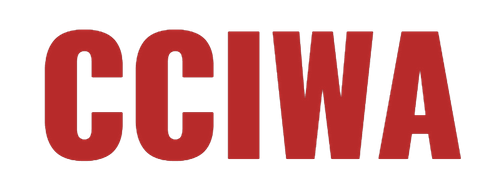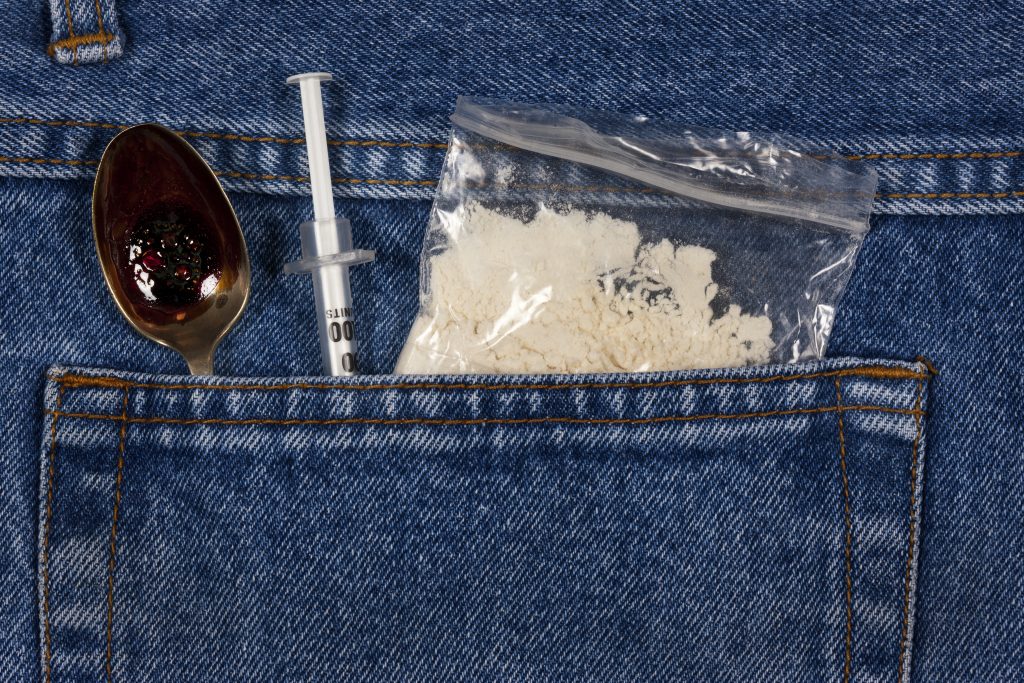Deciding to seek help for your cocaine addiction is the first step toward recovery. In fact, it is the most crucial step.
Once a person recognizes that they have a cocaine addiction, the only option is to move forward and seek treatment.
The question is, what types of treatments are there for cocaine addiction? Cocaine addiction treatment generally involves a combination of detox and inpatient rehab programs.
These programs significantly increase an individual’s likelihood of full recovery, even though cocaine psychological dependence is a severe disorder that takes time and commitment to overcome.
Read this post to learn about the various treatment options for cocaine addiction.
What Is Cocaine?
Cocaine is a stimulant from coca plant leaves, native to South America. Cocaine is often sold as a white powder or molded into crystals or rocks as “crack.”
A person gets a short-lived euphoric, stimulating, and exciting feeling when injecting, snorting, or smoking the substance. However, an unpleasant comedown follows this euphoria.

Despite being legal for medical purposes, cocaine’s considerable risk for addiction prevents it from being used as an anesthetic.
The U.S. Drug Enforcement Administration (DEA) classifies it as a Schedule II substance.
Still, this drug is widely used despite the considerable risk of abuse. About 1.8 million adults in the United States reported taking cocaine in 2021.
What Causes Cocaine Addiction?
Cocaine has a short-term stimulating impact on the body. It increases dopamine levels, a naturally occurring neurotransmitter, in the brain.
The increase in dopamine concentration gives the user euphoria, deriving pleasure and satisfaction.
Cocaine blocks the uptake of dopamine and the neurotransmitters serotonin and norepinephrine into the nerve cells.
The blockage enables high concentrations of neurotransmitters to build up and stimulate the neighboring nerve cells. As a result, the pleasant feeling of exhilaration intensifies.
Cocaine can also reduce your appetite for food and sleep. The drug is said to speed up some people’s thinking and functioning.
Most users start to crave the sensations that cocaine produces. And when they use it frequently, they develop a higher tolerance to the substance.
Higher tolerance means you will take more of it to feel its impact. Unfortunately, this may lead to addiction, impacting your mental and physical health.
What Are the Symptoms of Cocaine Addiction?
A person addicted to cocaine does not necessarily need to have a formal cocaine addiction diagnosis since some symptoms of cocaine addiction will be visible. In the same context, some cocaine addiction side effects are more apparent than others.
A cocaine addict may manifest several symptoms, including:
- Drug tolerance, requiring more significant amounts to get high
- Inability to quit cocaine use
- Withdrawal symptoms after quitting
- Anxiety or irritability
- Psychosis and hallucinations
- Neglecting important duties in favor of taking cocaine
Cocaine addiction also affects the family. It greatly affects children, siblings, spouses, and friends.

In fact, it is usually referred to as a “family disease” since it affects not only the user but everyone else in their family.
In a family setting, children, siblings, parents, or spouses of the cocaine addict end up taking on unhealthy roles and develop damaging enabling behaviors that contribute to the person’s addictive behavior.
Can You Overcome Cocaine Addiction on Your Own?
While it is doable, trying to overcome a cocaine addiction without professional assistance is not recommended because the chances of success are much lower.
Moreover, detoxing from cocaine at home poses more physical risks and is much more challenging without the help and guidance of cocaine detox specialists.
Those battling cocaine addiction can resolve all areas of their addiction with the help of medical detox, therapy, and aftercare programs.
Lack of attention to any of the three elements of cocaine addiction—physical, emotional, or psychological/behavioral—can make it challenging to conquer the addiction and maintain sobriety.
So, choose one of the numerous available treatment alternatives for cocaine addiction rather than attempting to overcome cocaine addiction independently.
Cocaine Withdrawal Symptoms and Detox
Cocaine addiction is a chronic and relapsing brain disorder that requires immediate treatment. Generally, this addiction has no quick fix, but it may be overcome with a comprehensive treatment plan.
A physician-assisted cocaine detox program should always be the first step in comprehensive cocaine addiction therapy.
It is usually recommended that individuals finish the detox and withdrawal phase in a setting with medical supervision since detoxing at home is extremely risky.
A monitored environment ensures that medical help will be available in an emergency.

Inconvenient physical symptoms related to recovering from cocaine addiction are monitored and treated around the clock in physician-assisted cocaine detox programs.
Typical signs of withdrawal from cocaine include:
- Cocaine cravings
- Fatigue
- Chills
- Nerve pain
- Anxiety
- Depression
- Nightmares
- Muscle aches
- Difficulty concentrating
If you are struggling with cocaine addiction, various treatment options are available. Your ideal treatment plan will depend on your circumstances.
A substance abuse treatment specialist or counselor can help you get started if you want to know the appropriate level of care for yourself.
How Is Cocaine Addiction Treated?
So, what types of treatment are there for cocaine addiction?
Various treatment options are available for cocaine addiction that address all these aspects. Treatment can be offered in outpatient and inpatient settings.
Outpatient treatment setting
This treatment option is often recommended for patients with cocaine use disorder.
It enables them to remain at home or in a community setting while commuting to a treatment center for psychosocial treatment, such as individual and group therapy.

The intensity of outpatient therapies can vary, allowing patients to attend sessions for as little as one or two hours per week to as much as six hours per day a few times per week.
After showing improvement, the intensity of outpatient treatment may be gradually reduced over several months. The appropriate level of therapy intensity is decided on an individual level.
Residential treatment setting
These programs have a maximum six-month duration. The treatment is not hospital-based but in settings with access to psychosocial support, medication-assisted therapy, vocational training, and other options.
Unless a person has several drug use disorders, mental health illnesses, or other health issues, this approach is not frequently advised for people with cocaine use disorder.
These long-term initiatives can help individuals become stable and get the support they need before returning to the community.
What Types of Treatment are There for Cocaine Addiction?
Cognitive behavioral therapy
This type of individual/group therapy is used in outpatient and residential treatment programs to help patients recognize the thoughts and emotions that have previously triggered them to use drugs. It also helps establish new coping mechanisms.
It can entail acquiring new, positive coping mechanisms for cravings, risky scenarios, and negative thoughts that might otherwise tempt individuals to use drugs again.
Contingency management
Contingency management is another therapeutic technique used in various treatment settings. With this approach, individuals receive incentives for abstaining from narcotics.
In particular, during the initial stages of their recovery, this is done to assist them in learning the necessary skills and how to deal with what drives their drug use.

Research confirms that this is a workable and viable treatment approach. Harm reduction psychotherapy consolidates conventional psychotherapy with measures designed to lessen the intake of cocaine and the negative effects of cocaine dependency.
These interventions include reduced usage, moderation, fewer risky behaviors, or abstinence.
Matrix model
The matrix model is a form of abstinence-based therapy that borrows ideas from several other therapeutic modalities, including contingency management, cognitive behavioral therapy, and 12-step programs. It entails individual counseling, support, and family education.
The fact that it is regarded as an evidence-based treatment has attracted much interest in the medical field.
Medication-assisted treatment
MAT involves the use of prescription drugs to assist people in reducing or quitting their drug use.
MAT for opioid dependence has been subjected to substantial research. However, trials for MAT for cocaine addiction have not been consistently effective and are yet to be extensively investigated.
MAT could be an essential treatment option if effective medications are developed.
Continued Care Options for Cocaine Addiction Treatment
Sober living
A person may continue receiving treatment after finishing an inpatient or outpatient cocaine rehabilitation program by enrolling in a transitional housing program.
These structured homes, also called sober living programs, are clean, safe, communal environments designed to adjust from drug and alcohol treatment to independent sober living.

As part of these programs, participants must maintain sobriety while residing in a gender-specific group home. They are also frequently expected to comply with program regulations and submit to routine drug and alcohol screenings.
Recovery support services, including education, employment, personal monitoring, and peer-led sober living programming, can be integrated with outpatient activities to increase an individual’s chances of attaining long-term sobriety.
Aftercare programs
Individuals recovering from cocaine addiction might opt to participate in aftercare after completing their sober living program.
The framework of aftercare programs involves weekly check-ins, and they are created for rehab leavers who want long-term support for their abstinence.
Patients can overcome the continuous challenges of early sobriety through group meetings led by certified counselors.
It will need daily work to keep up continuous abstinence while recovering from cocaine addiction.
Get Help With Your Cocaine Addiction Today!
Cocaine addiction is a complicated condition that requires long-term treatment and therapeutic solutions.
The addiction may negatively influence your physical and emotional well-being and lead to premature death.
Are you or your loved one struggling with cocaine-dependency? CCIWA is here to help you overcome the addiction and regain full control of your life. Contact us today to speak with a doctor who will guide you through your cocaine addiction treatment journey.



